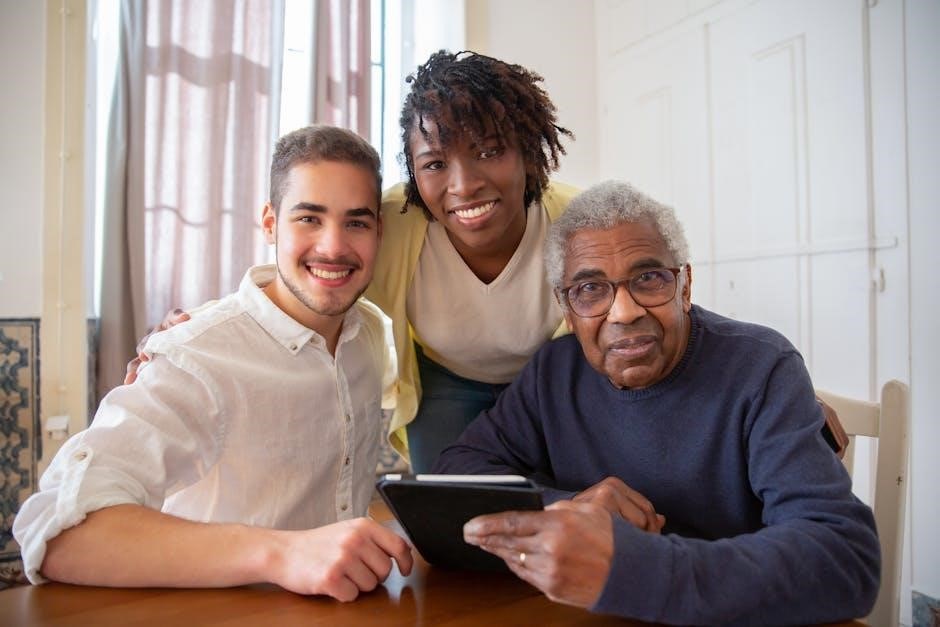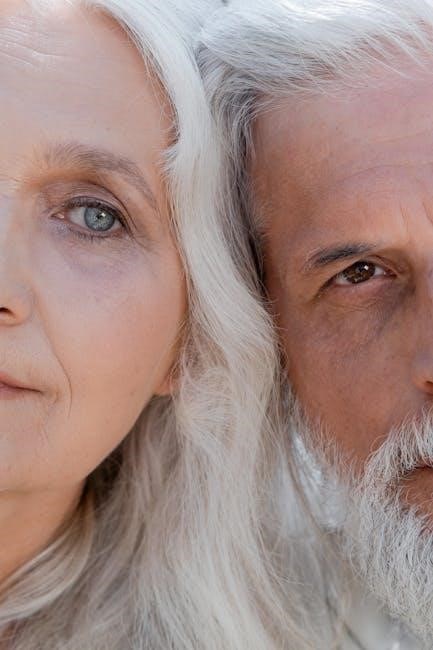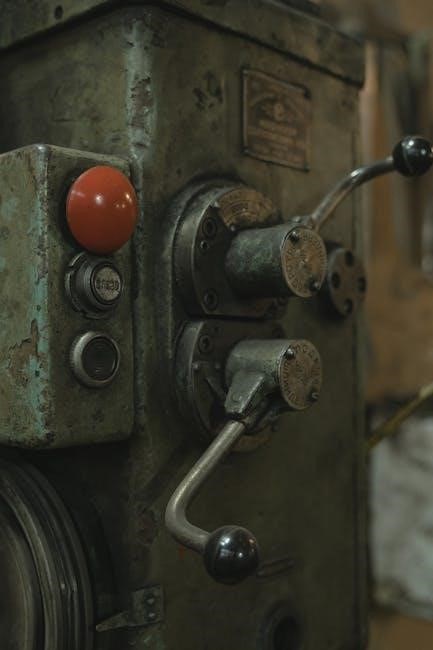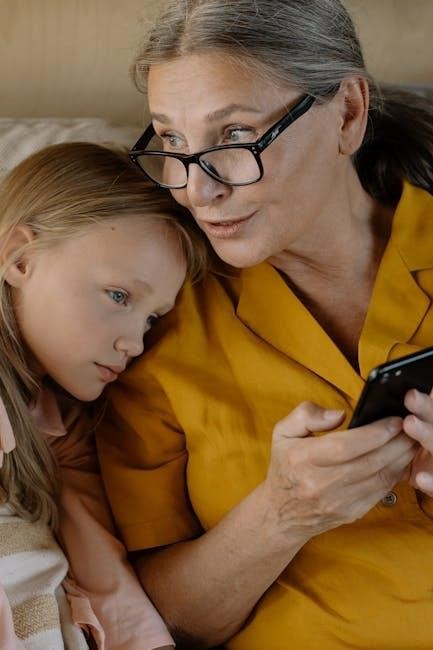manual handling certificate aged care

Manual handling is a critical aspect of aged care‚ as it involves the safe movement and transfer of elderly residents or clients. A manual handling certificate in aged care is essential for caregivers‚ nurses‚ and other healthcare professionals to ensure they are equipped with the knowledge and skills to perform their duties safely and effectively. In this article‚ we will explore the importance of manual handling training in aged care and the benefits of obtaining a manual handling certificate;

Why is Manual Handling Training Important in Aged Care?

Manual handling training is crucial in aged care settings‚ as it helps to prevent injuries to both caregivers and residents. The elderly are more susceptible to injuries and illnesses‚ and improper manual handling techniques can exacerbate these conditions. Moreover‚ manual handling training is a legislative requirement in many countries‚ and healthcare facilities must ensure that their staff are adequately trained to comply with regulations.
Benefits of Manual Handling Certificate in Aged Care
A manual handling certificate in aged care offers numerous benefits‚ including:
- Improved safety: Manual handling training teaches caregivers how to safely lift‚ transfer‚ and reposition residents‚ reducing the risk of injuries to both caregivers and residents.
- Enhanced care quality: By learning proper manual handling techniques‚ caregivers can provide better care and support to residents‚ improving their overall quality of life.
- Compliance with legislation: A manual handling certificate demonstrates that caregivers have received the necessary training to comply with regulatory requirements‚ reducing the risk of non-compliance and associated penalties.
- Increased confidence: Manual handling training gives caregivers the confidence to perform their duties safely and effectively‚ reducing stress and anxiety.

Who Should Obtain a Manual Handling Certificate in Aged Care?

A manual handling certificate in aged care is essential for:
- Nurses: Nurses working in aged care facilities must have a manual handling certificate to ensure they can provide safe and effective care to residents.
- Caregivers: Caregivers‚ including personal care workers and aged care support workers‚ must have a manual handling certificate to perform their duties safely and effectively.
- Allied health professionals: Allied health professionals‚ such as physiotherapists and occupational therapists‚ must have a manual handling certificate to work in aged care settings.
- Family caregivers: Family members caring for loved ones at home can also benefit from a manual handling certificate‚ ensuring they can provide safe and effective care.
How to Obtain a Manual Handling Certificate in Aged Care
To obtain a manual handling certificate in aged care‚ individuals can enroll in a manual handling training course‚ which covers topics such as:
- Safe lifting and transfer techniques
- Use of mechanical aids
- Hazard identification and risk management
- Proper body mechanics
These courses are available online or in-person and are typically provided by registered training organizations or healthcare facilities.
A manual handling certificate in aged care is essential for ensuring safe care practices and complying with legislative requirements. By obtaining a manual handling certificate‚ caregivers can improve their skills and knowledge‚ reduce the risk of injuries‚ and provide better care and support to residents. Whether you are a nurse‚ caregiver‚ or family member‚ a manual handling certificate in aged care is a valuable investment in your career and the well-being of those in your care.